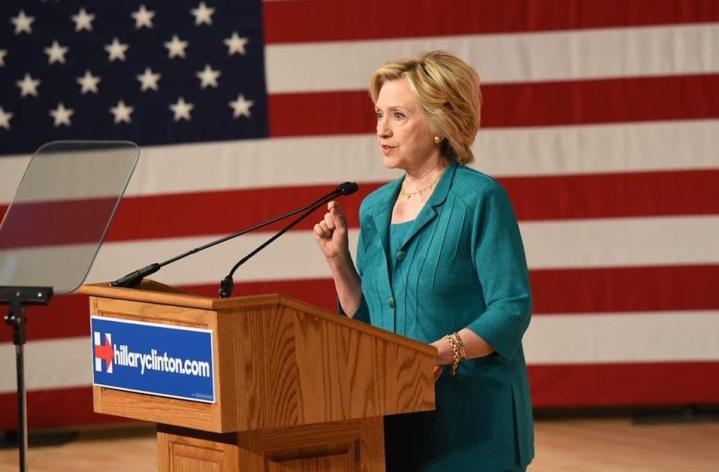
At a recent town hall function in New Hampshire, she remarked, “I don’t believe we should give a free pass to a terrorist organization,” when it comes to Internet freedom, according to the LA Times. Clinton also stated that government ought to take a “hard look” at the way suspected terrorists communicate online.
The comments come at a time when the political debate over encryption is picking up steam. FBI director James Comey recently argued before the Senate Judiciary Committee that encryption is enabling terrorists to recruit and communicate with impunity. He asked senators to intervene with tech companies that have rolled out stronger encryption in the wake of the Edward Snowden leaks on NSA spying — a move that Comey says has limited law enforcement’s ability to combat terrorism.
However, cracking open encryption to share secret communications with law enforcement agencies hasn’t appealed to tech companies. Even turning over publicly-available posts posed a problem for social media companies. The Internet Association, a trade organization that represents Google, Facebook, eBay, and other major tech companies, opposed a recent plan to require companies to report terrorist-associated content to law enforcement.
The proposal “would have the effect of chilling free speech” and “would result in overbroad reporting to the government, swamping law enforcement with useless information, and potentially raising First Amendment and privacy concerns for the user who posted the item,” the Internet Association told senators in a letter.
Although Clinton’s comments suggest she is in favor of more communication between tech companies and law enforcement, her remarks are more reserved than those of GOP presidential candidates Carly Fiorina and Sen. Lindsey Graham, who both spoke more stridently against encryption during last week’s GOP debate. Graham was particularly emphatic, the LA Times reports, stating, “If I have to take down a cyber wall, I’ll take it.”
Meanwhile, Clinton’s campaign told the LA Times that she is not planning to introduce any specific agenda on Internet freedom just yet.


